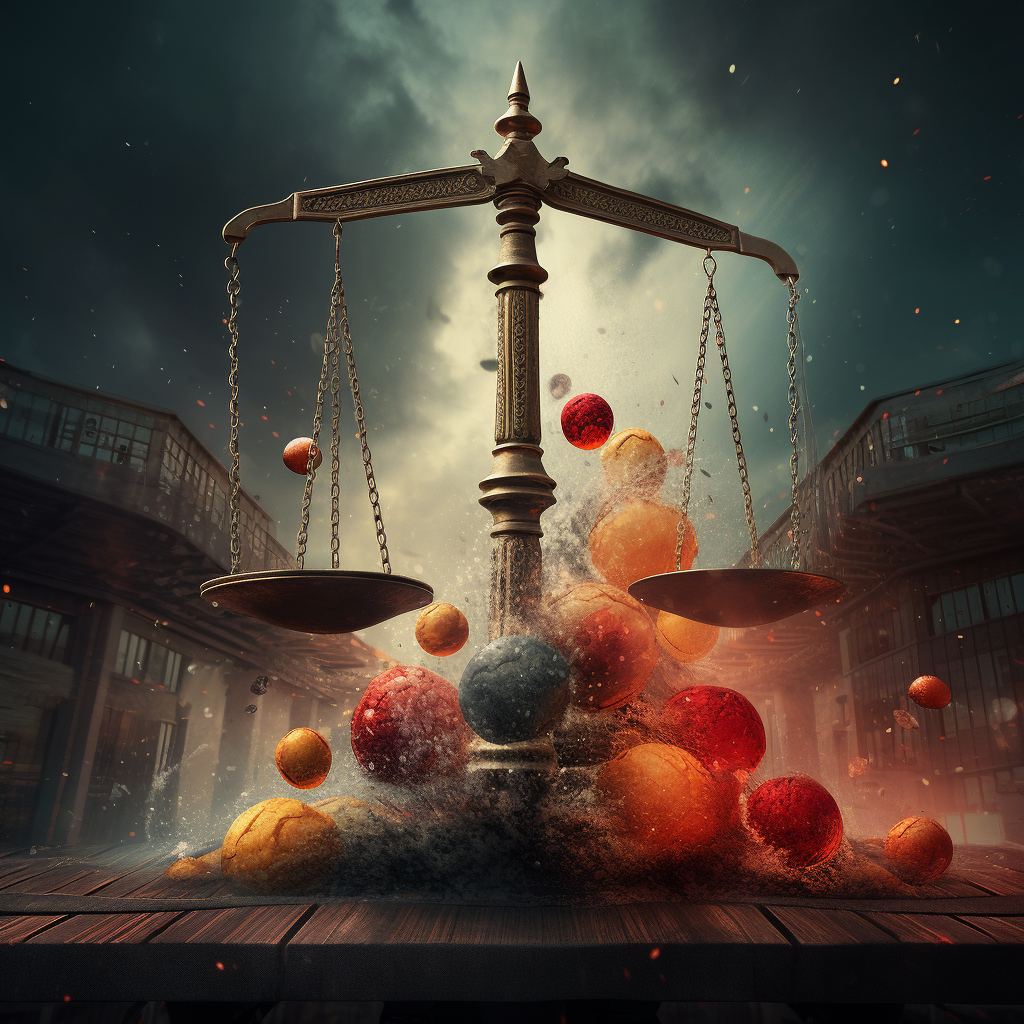September 25, 2023
George R.R. Martin Leads Lawsuit Against OpenAI: A Pivotal Clash Between Copyright Law and AI Technology
Book a Demo
OpenAI, the renowned artificial intelligence research organization, is currently embroiled in a lawsuit with esteemed authors George R.R. Martin and John Grisham. The authors have accused OpenAI’s ChatGPT tool of violating copyright laws, claiming that it enables users to generate infringing content based on their copyrighted works.
George R.R. Martin, the celebrated author behind the immensely popular “Game of Thrones” series, is at the forefront of this legal battle. Martin alleges that ChatGPT not only infringes upon his intellectual property rights but also diminishes the value of his works. He argues that the tool allows users to create content that draws heavily from his copyrighted material, thereby undermining his creative control and potentially diluting the market for his original creations.
John Grisham, another prominent author, has also joined the lawsuit against OpenAI. Like Martin, Grisham contends that ChatGPT enables users to generate content that infringes upon his copyrighted works. Both authors demand damages and seek an injunction against ChatGPT, aiming to prevent OpenAI from using their copyrighted material in the future.
OpenAI, on the other hand, maintains that ChatGPT is a creative tool and does not infringe upon copyright laws. The organization argues that the AI-generated content produced by ChatGPT is created by users and not by OpenAI itself. They assert that the responsibility for any copyright infringement lies with the individual users rather than the technology itself.
This legal dispute has garnered significant attention not only due to the high-profile nature of the authors involved but also because it raises crucial questions about intellectual property rights and the boundaries of AI-generated content. As artificial intelligence continues to advance, the issue of copyright infringement becomes increasingly complex. Determining who bears the responsibility for potential copyright violations in AI-generated content is an ongoing challenge that requires careful examination.
As the lawsuit progresses, it is expected to shed light on the evolving landscape of intellectual property rights in the age of artificial intelligence. The outcome of this case could have significant implications for how AI-generated content is regulated, and it will undoubtedly shape the future of AI technology and its relationship with copyrighted material.



